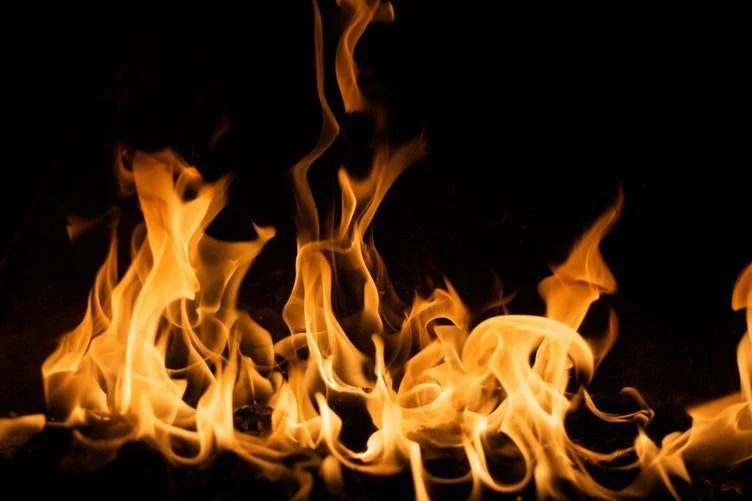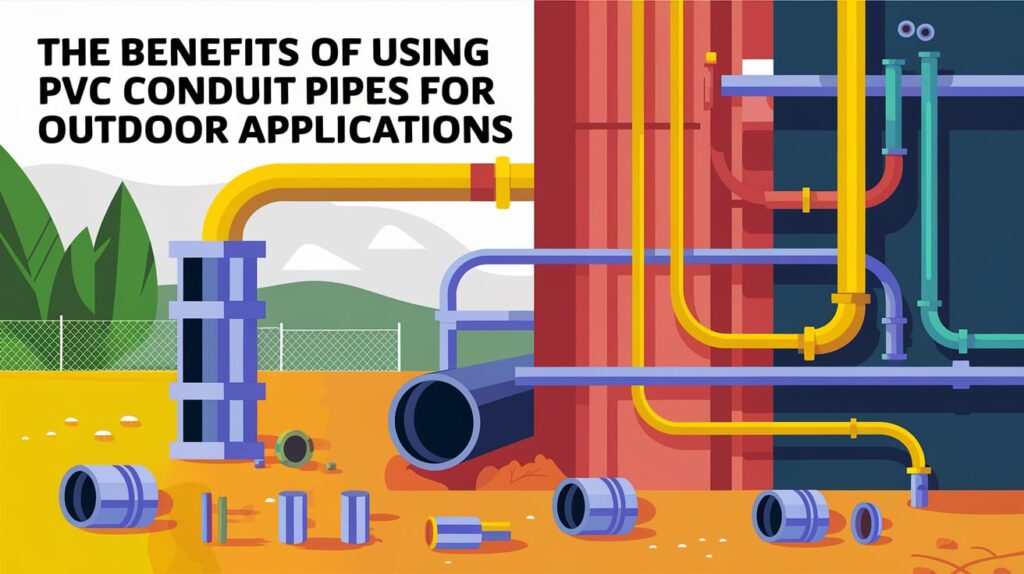Tubos de conduíte de PVC e resistência ao fogo: o que você deve saber
Tubos de conduíte de PVC são amplamente usados na construção para proteção de fiação elétrica. Embora sua durabilidade e custo-benefício os tornem uma escolha popular, é importante considerar os aspectos de segurança dos materiais de construção. A resistência ao fogo é um fator crítico, especialmente em edifícios com alta ocupação ou materiais inflamáveis. Nesta publicação, discutiremos as propriedades de resistência ao fogo dos tubos de conduíte de PVC e o que você deve saber sobre sua segurança.
O que torna os tubos de PVC resistentes ao fogo?
PVC (policloreto de vinila) é um polímero termoplástico amplamente utilizado em materiais de construção. Embora o PVC em si não seja inerentemente resistente ao fogo, ele pode ser tornado assim adicionando produtos químicos retardantes de chamas. Esses aditivos agem como uma barreira para prevenir ou retardar a propagação de chamas em caso de incêndio. Além disso, tubos de conduíte de PVC resistentes ao fogo devem atender a certos padrões e certificações para garantir sua segurança.
Vantagens de usar tubos de conduíte de PVC resistentes ao fogo
O uso de tubos de conduíte de PVC resistentes ao fogo tem vários benefícios, incluindo maior segurança em caso de incêndio, menor risco de danos à fiação elétrica e menor propagação de fogo e fumaça. Em caso de incêndio, os tubos de conduíte de PVC resistentes ao fogo podem evitar a propagação de chamas para outras áreas do edifício, proporcionando tempo adicional para os ocupantes evacuarem com segurança. Além disso, os tubos de conduíte de PVC resistentes ao fogo têm menos probabilidade de derreter ou deformar, o que pode causar danos à fiação elétrica e ao equipamento. Isso pode minimizar o risco de falhas elétricas e incêndios subsequentes. Finalmente, os tubos de conduíte de PVC resistentes ao fogo podem ajudar a reduzir a quantidade de fumaça e gases tóxicos liberados em caso de incêndio, o que pode melhorar as chances de sobrevivência dos ocupantes e dos primeiros socorristas.
Teste de resistência ao fogo para tubos de conduíte de PVC
Para garantir que os tubos de conduíte de PVC atendam aos padrões de segurança contra incêndio, eles passam por rigorosos procedimentos de teste. Esses testes avaliam a capacidade dos materiais de resistir à ignição, propagação de chamas e desenvolvimento de fumaça. Os resultados desses testes são usados para atribuir classificações de incêndio e certificações aos produtos. Os tubos de conduíte de PVC resistentes ao fogo geralmente têm uma classificação de incêndio mais alta do que os produtos não resistentes ao fogo, indicando sua maior segurança em caso de incêndio. Além disso, os tubos de conduíte de PVC podem ser comparados a outros materiais de construção resistentes ao fogo, como tubos de conduíte de metal ou drywall resistente ao fogo, para determinar sua segurança relativa.
Como garantir a instalação e o uso adequados de tubos de conduíte de PVC
Embora os tubos de conduíte de PVC resistentes ao fogo possam fornecer maior segurança em caso de incêndio, é importante garantir que eles sejam instalados e usados corretamente. Isso inclui seguir as instruções do fabricante para instalação, que podem variar dependendo do produto e da aplicação. Métodos de instalação adequados podem ajudar a evitar danos aos tubos ou à fiação elétrica, o que pode comprometer suas propriedades de resistência ao fogo. Além disso, a manutenção regular e a substituição dos tubos de conduíte de PVC podem ajudar a garantir que eles permaneçam em boas condições e continuem a fornecer proteção contra incêndio.
Concluindo, a resistência ao fogo é um fator crítico a ser considerado ao escolher materiais de construção, incluindo tubos de conduíte de PVC. Tubos de conduíte de PVC resistentes ao fogo podem fornecer maior segurança em caso de incêndio, menor risco de danos à fiação elétrica e menor propagação de fogo e fumaça. É importante garantir que os tubos de conduíte de PVC sejam instalados e mantidos adequadamente para garantir sua segurança. Ao escolher tubos de conduíte de PVC resistentes ao fogo e seguir as melhores práticas de instalação e uso, você pode ajudar a criar um ambiente de construção mais seguro para ocupantes e socorristas.
Tubos de conduíte de PVC e resistência ao fogo: o que você deve saber Ler mais »


